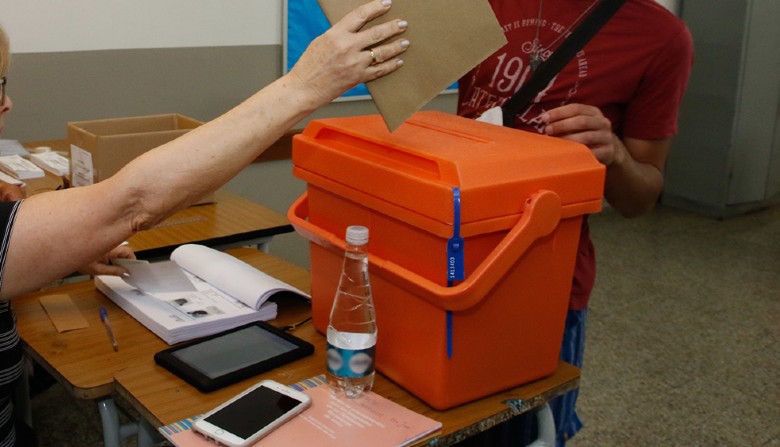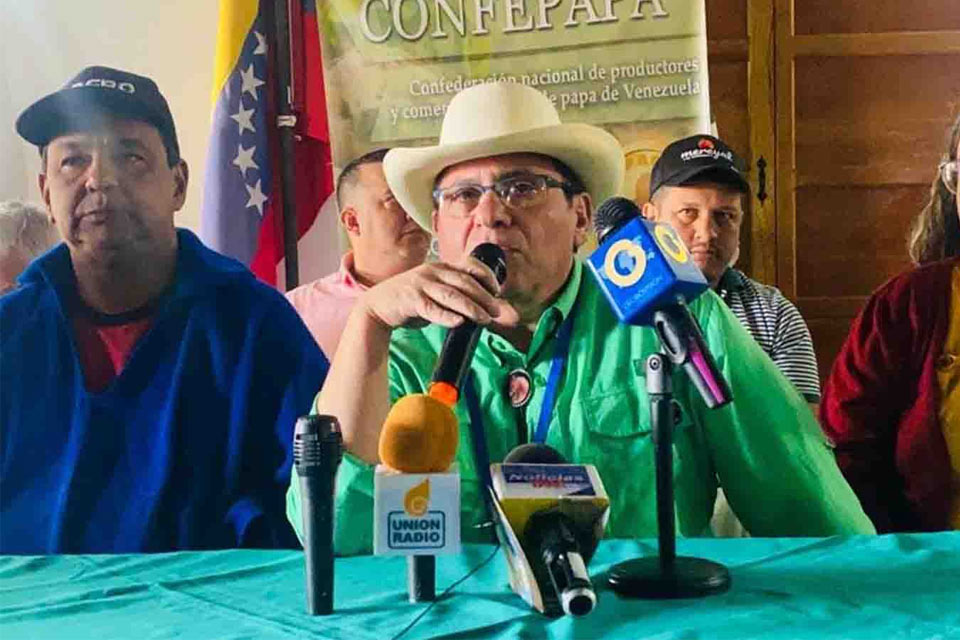The survey, carried out by engineer Bruno Vuan through the consulting firm Surveys del Plata, was carried out online on a sample of 2,704 people and closed on Sunday night.
According to the results, Orsi leads with 47.4% of voting intention, while Delgado has 45.4%, with a margin of error of ±2.3%. This scenario suggests a slight advantage for Orsi, although the narrow margin between the two candidates means that the outcome remains uncertain.
Preve also highlighted the flow of vote transfers from the candidates who were left out of the presidential race in the first round. According to the survey, 5% of Ojeda’s voters would lean towards Orsi, as would 8% of Manini’s voters (Cabildo Abierto), 30% of Gustavo Salle’s voters (Sovereign Identity) and 43% of those of Gonzalo Martínez (Popular Unity). On the other hand, other segments of voters from Salle (40%) and Martínez (45%) would vote blank or annul their vote.
In addition, Preve criticized the position of certain leaders of the ruling coalition, particularly Senator Sergio Botana, for his comments on the seat distribution system.
Preve pointed out that, if the Republican coalition wishes to obtain greater parliamentary representation, it should present itself as a single party, with its respective internal party and a single presidential candidate, and not as an alliance, given the current rules that govern the Uruguayan electoral system.


















